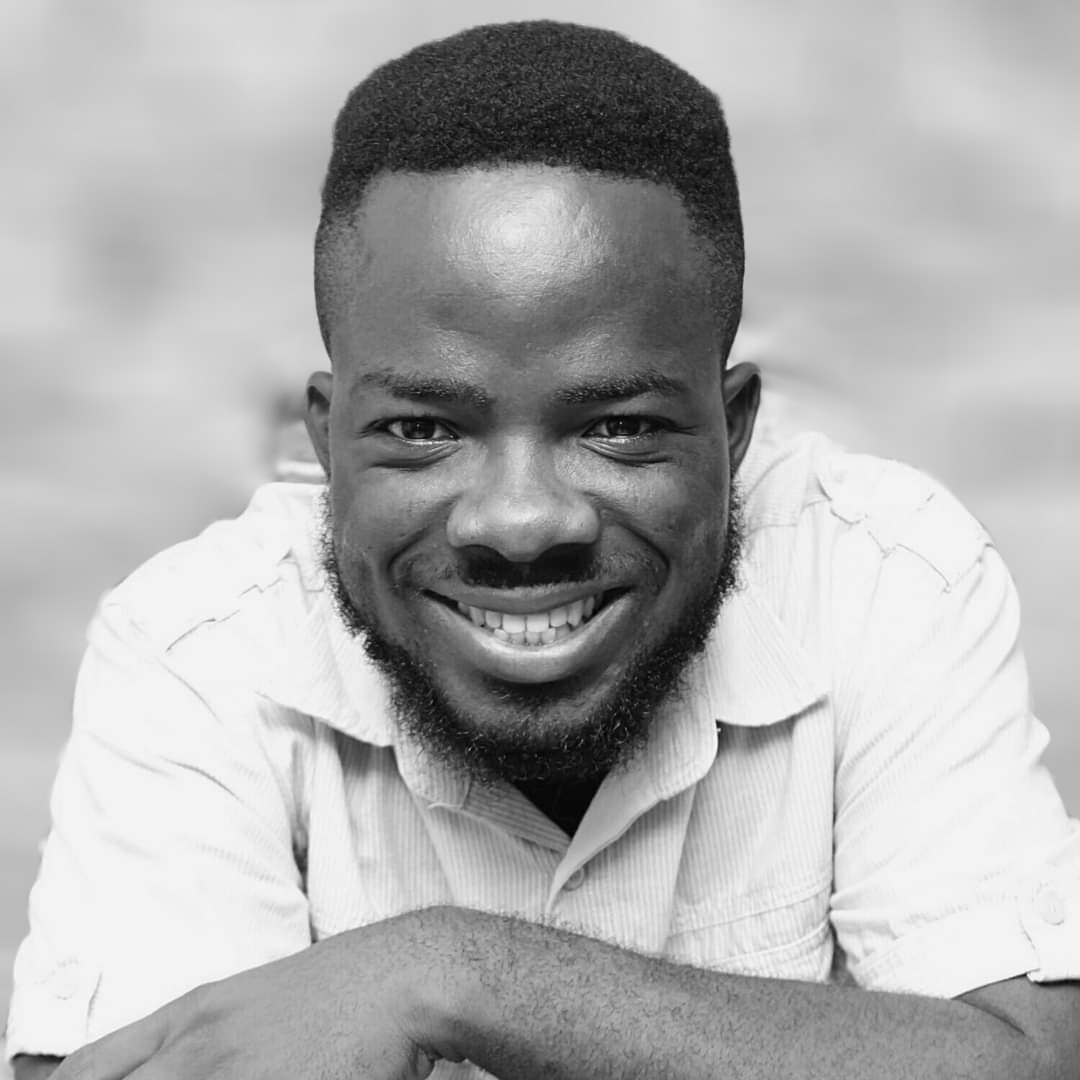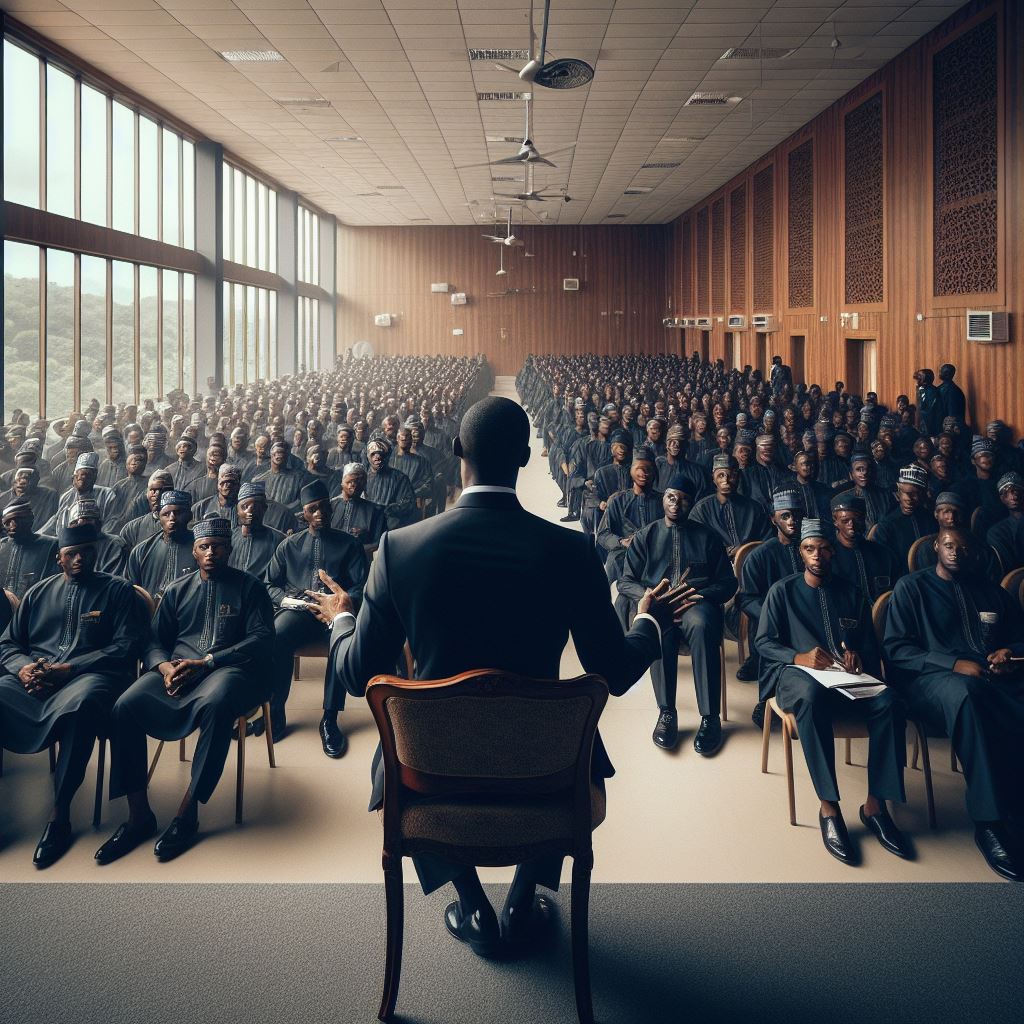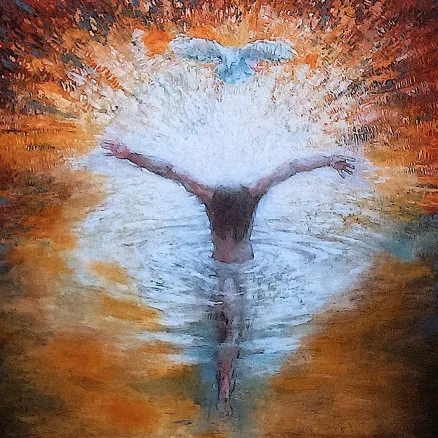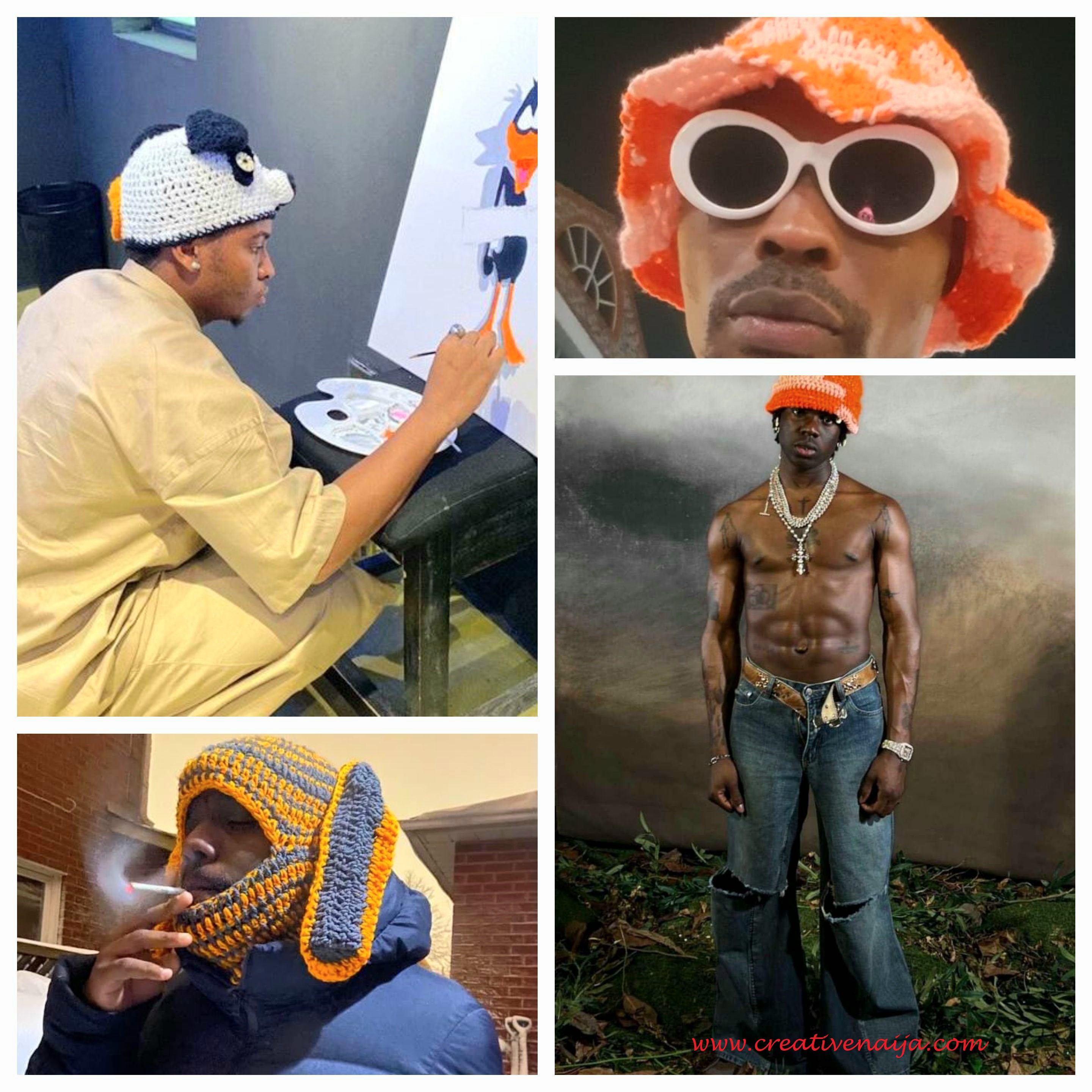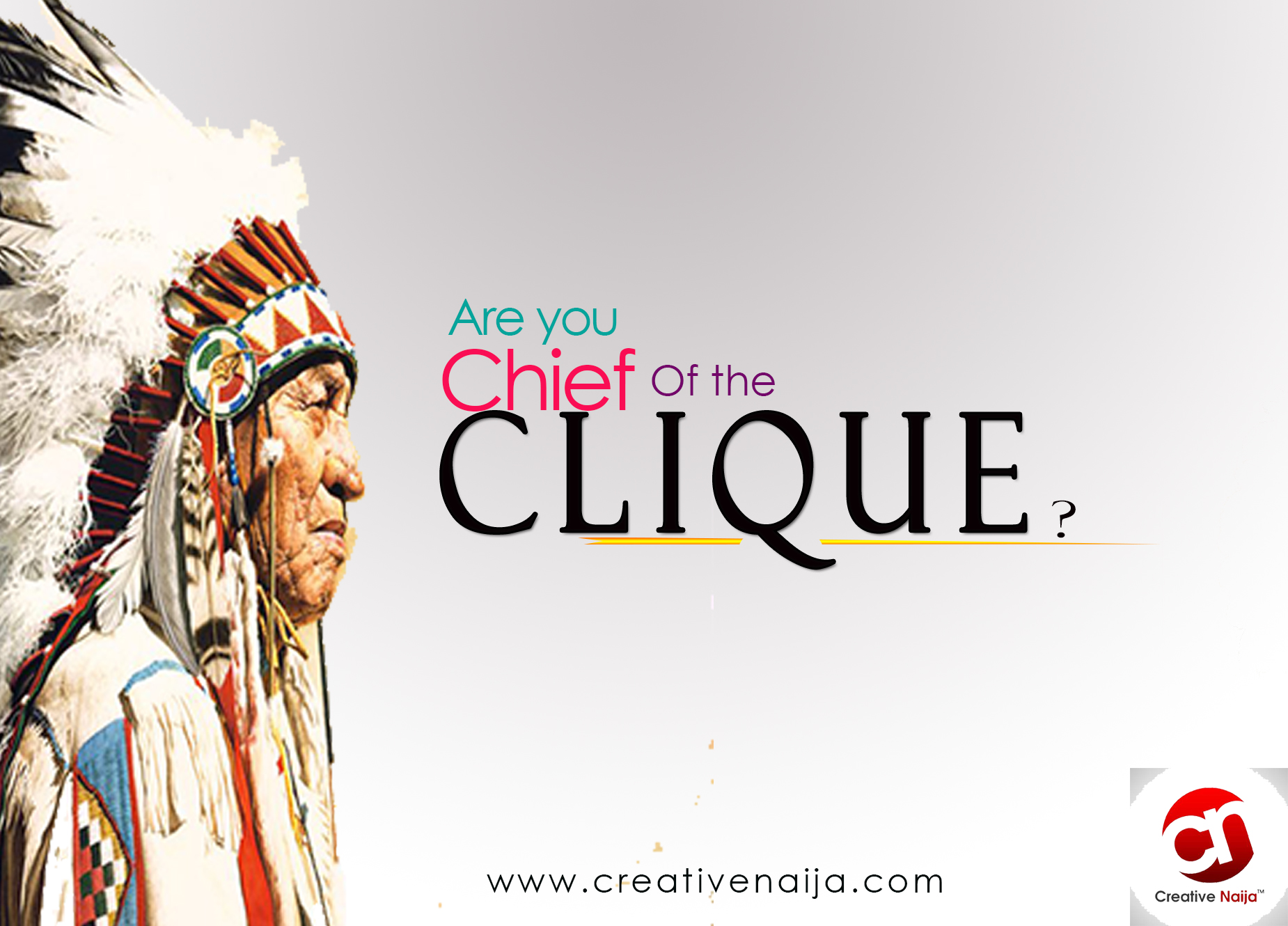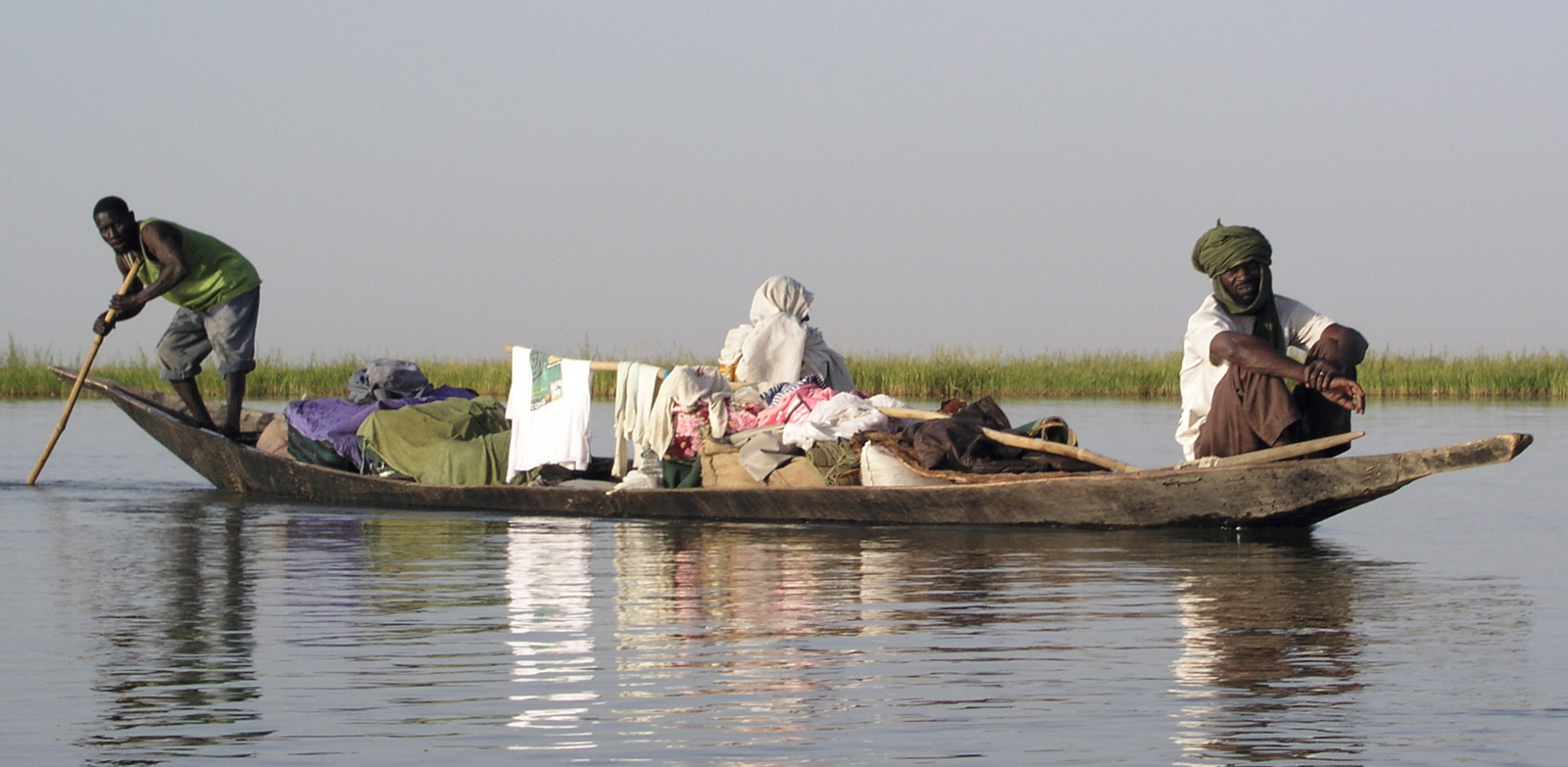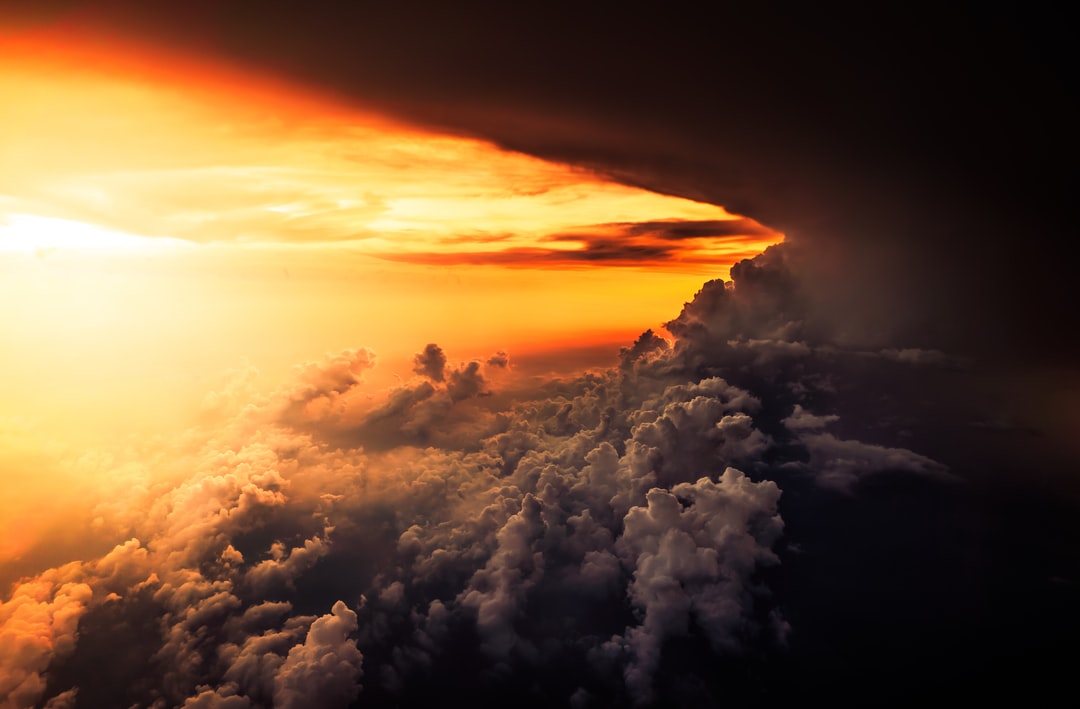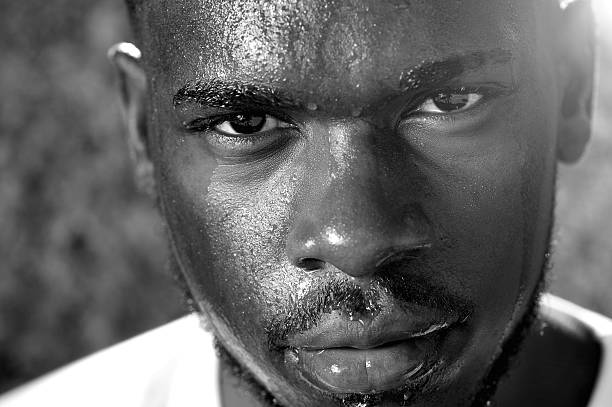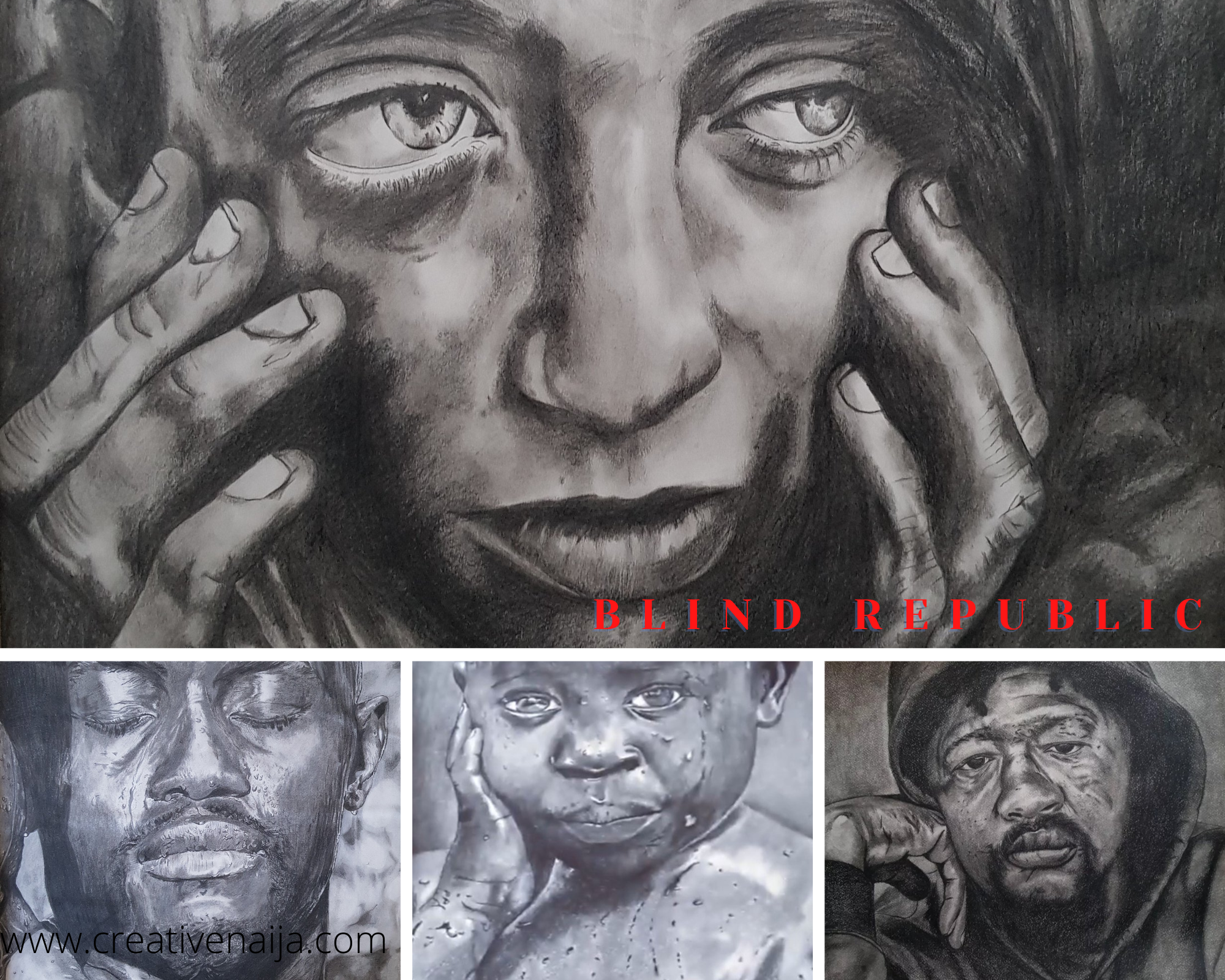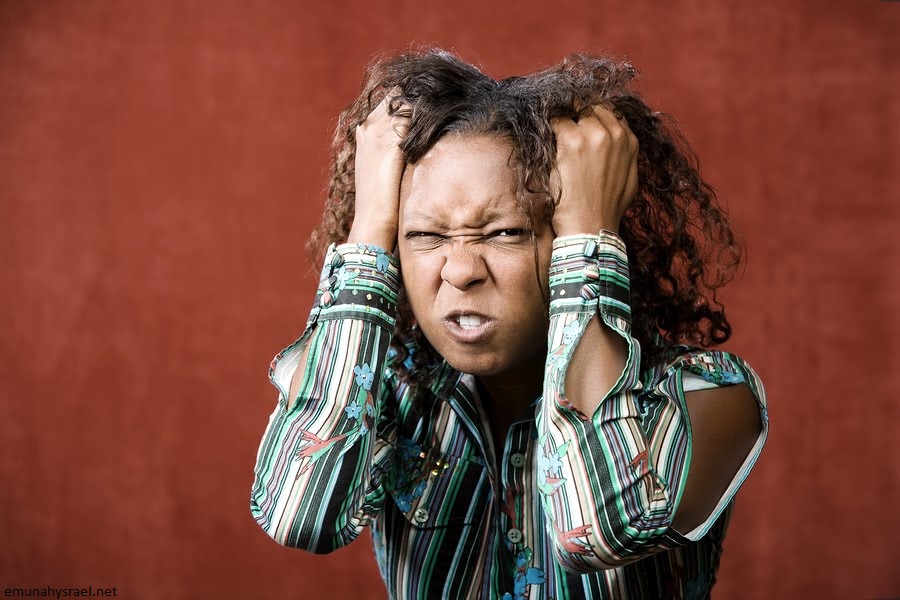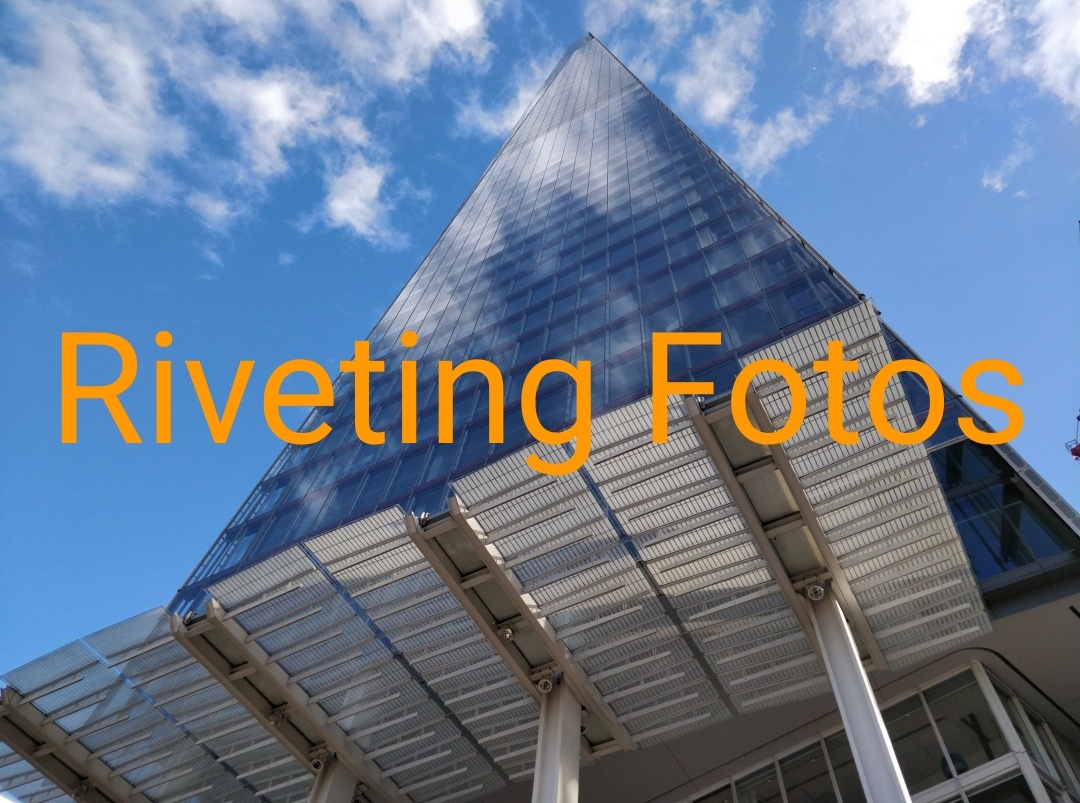“The Nigeria I See” is the title of my first poem written in 2014 about the inevitable bright future of my fatherland. Little did I know that reality will soon open my eyes when I begin paying bills. Gosh! Surviving in Nigeria is hard. Today, my hope for a better nation is dashed as a result of the stagnant economy with cumulative growth of less than 1 % and about 40 % of the population living below the poverty line in the last six years. The country is also faced with issues of insecurity and political instability. Boko Haram insurgency in the northeast. Banditry in the northwest. Herders-farmers clash in the north-central. And, separatist agitations in the southeast and southwest of the country.
The return to democracy in 1999 has been described as a glorious era in terms of economic and social indicators. As a result, telecommunication grew with the introduction of the mobile telephone. The movie industry expanded into an organised and professional body called Nollywood. Gradually, the World Bank ranked Nigeria into middle-income status. The socio-economic was considered better, even as the literacy population increased from 5 % at independence to 60 % and tertiary education keeps increasing ‒ with about 260 universities in total.
Nigeria’s educated population is a great potential at the point of national acceleration especially in the tech industry – which put the country similar to China’s status before the Chinese transformation into prominence. Millions of graduates are tossed out yearly, creating an educated workforce in the nation. Many of whom are yet to find productive engagement, thereby, becoming a huge economic burden. If only they are gainfully employed, they can drive economic growth and promote social stability.
Over the years, the country has moved from a refining giant to a net importer of petroleum products. What this means is that the country exports crude oil rather than develop a local petroleum industry that refines crude oil and exports petroleum products. Despite the four state-owned refineries which produce about 445,000 barrels a day capacity, none of these refineries has worked at 20 % capacity in the last five years. They’ve worked at zero capacity in the last two years as they continue to amass N10 billion monthly for various expenses including utility bills, staff salaries and miscellaneous.
Of the fact, Nigeria was self-sufficient in all petroleum products from 1990 to 1991 and was exporting them to West Africa. But since 1991 to date, the refineries have not been adequately maintained as and when due. Though the government promised to rehabilitate the refineries amongst many promises and to reach 50 % capacity at the Port Harcourt refinery by 2021. I hope by the time Dangote refinery commence operation which is expected to produce about 650,000 barrels a day capacity, this sector may be on the path of self-sufficient in local refining capacity.
The economic difficulties surfaced when oil prices dropped 70 % between 2014 and 2016. Consequently, the economy dove into negative figures and entered recession twice. Since then, the country has taken measures to reduce its reliance on oil, through the revitalization of the agricultural sector and generation of tax revenue from other sources. Though these actions haven’t paid off, however, the COVID-19 pandemic has further deepened the economic downturn into more unemployment and poverty.
Inflation, low oil prices and a weak currency have hindered economic progress. The government has invested in agriculture but its inability to stop the security crises in some states has affected productivity. The country once known as a major exporter of cocoa and other cash crops is now import-dependent with more than $3 billion in food importation annually as estimated by the United Nations Food and Agricultural Organisation. The initial industrial policies have been trashed ‒ like import substitution, backward integration, industrial estates and steel plants; even the textile industry that once employed about 350,000 staff has collapsed. It’s a pity that even though we have fabulous vast human and natural resources, we no longer set the pace in the world’s economic power.
Far back in 2018, Nigeria got the horrible title of the world’s poverty capital from India. In addition, Nigeria has the world’s highest number of out-of-school children with 10.19 million. A sad report but true as many indices support this fact. Just as the infrastructure is not moving parallel with massive population growth.
Nigeria has an installed capacity of 12,500 megawatts (MW) but with its growing population of over 200 million people, only 56.5 % of Nigerians have access to electricity. Also, there are about six million unmetered customers from the 10 million registered customers. This makes the sector wrestle with liquidity challenges. There have been policies over the years to mend the power sector. Like the Power Sector Recovery Programme (PSRP) 2017 ‒ 2021 issued in January 2018 to be implemented by the Federal Government of Nigeria to improve transparency and service delivery, reduce losses and energy theft, and revamp the supply industry for the future.
Nigeria is also endowed with gas reserves as the Department of Petroleum Resources (DPR) reported in January 2019 to be 200.79 Trillion Cubic Feet (TCF) and about 600 trillion cubic feet of unproven gas reserves. Nigeria thereby holds the largest natural gas reserves on the continent and the ninth largest gas reserves in the world.
It breaks my heart even more that the deterioration of our political leadership has turned power into tools of statecraft. The political system is broken. Organisations exist on paper but do not function. The quest for power has caused the formation of political parties that lack ideologies, policies or direction. The quality of leadership at every level is gloomy, as an observer described it, “the worst of us ruling the best of us”. Unfortunately, the elite and even the masses, are encouraging corruption by maintaining an intentional silence.
The dreams of our founding fathers lay in ruins, as they are replaced with selfish motivations. Our country is apart; life and property are insecure, even life itself is futile – people live in poverty. Youth no longer see value in staying home rather they disown their country with so much disgust, and spew all sorts of dooms at their nation-state. This is the Nigeria we inherited: punctured country, morally weakened, socially shattered, religiously unsettled and economically cold.
The “#EndSars” 2020 campaign against police brutality showed the youth’s capacity to mobilise and, channel their passion and determination to make the country better. This was a major crackdown on the government and political elite, however, rather than cause the government to shift their position, they decided to shut down free speech, following the ban of Twitter in the Nigerian cyberspace, and laws geared at restraining the journalists and instructed broadcasters to lessen reporting about the state’s rising insecurity.
Many already feared that the electoral conditions have collapsed. Our hopes were high for this administration considering the commendation that President Muhammadu Buhari received for his last government and the high promises of this ruling party, which are yet to be achieved. Voters elected him to bring down corruption and curb the Boko Haram insurgency. Even without that, basic material security is disintegrating daily because of the state’s inability to carry out its fundamental function.
There are different perspectives on why Nigeria is like this: Some say there’s no true federalism that students learn chemistry without chemicals to practice with, in the southwest government secondary schools. Some say the hospitals in the southeast lack beds and drugs because the government have proscribed their secession movement – the Republic of Biafra. Some say that’s because there is no resources control, indicating that the Niger Delta Development Commission (NDDC) has squandered $50 billion in 20 years. While some others say because there is no full Sharia up north, is the reason they are poor and neglected.
From administration to administration. From president to president. Some issues are perpetual, others seasonal. They only take different shades and volumes per administration. Many Nigerians and even the opposition parties are calling for the restructuring of the country in line with all federal polities; some believe that the country should break up in the tradition of the three major regions. The call for restructuring should be given proper interpretation with realistic actions to guarantee the continued existence of the nation. Also, the agitation for the independence of the Republic of Biafra should be addressed with genuine intentions.
Truly, Nigeria can’t be assembled with this character of selfishness and manipulation. Nigeria needs big dreamers to chart the course for progress, people willing to do things the unusual way. History has it that 50 years ago, Nigeria leaders have played admirable roles in past meetings within the African continent. However, the country can return to her glory if she rids herself of incompetence and greed, deep-seated in her leadership. The meaningful future of Nigeria requires a political leadership with a grand vision of dynamic growth that collectively incorporates all citizens, regardless of ethnic or geopolitical affiliation.
First of all, Nigerians must make sure the basis of independence is well understood. Do the different people that make up Nigeria see themselves as Nigerians? Or do they declare allegiance to a clan or tribe as their most fundamental identity? Nigerians need a sense of national spirit and communal pride which tackle issues of cultures, ethnics and values differences. I mean, we must feel we belong in this country. So, the ruling class must not treat others as inferior citizens. Leadership is a thing of decency and genuine sacrifice in accomplishing the common good.
For the country to be great, every citizen must be responsible. Everyone must commit to doing what’s right. The change we so much desire will come through our change of attitude in our entire socio-economic and political life. Nigerians should think about the possibility of authentic independence from the hands of these selfish, heartless and deaf politicians who hide as leaders. An iconic figure of freedom fighting, Martin Luther King Junior, noted that ‘freedom is never voluntarily given by the oppressor, it must be demanded by the oppressed’. Nigerians should ask questions about what happened to the Nigerian Dream ‒ it’s been sixty-one years on.
Nigerians should effect change to action, not just mere lamentation and rant. Action directed towards federalism, because it encompasses the deep meaning of diversity that form Nigeria. We should stand up to confront short-sighted leaders and bigotry that enslave us. This diversity that once made Nigeria blessed, can hold her even now. Nigeria’s true independence relies on us to uphold the virtues we once cultivate: our perception of character, humanity, respect, justice and work ethos. These values are ushered by culture through proper education and enlightenment. We must nurture the values of pledge and social fairness.
During each election period, Nigerians should reflect on the kind of country they want to build before voting for candidates. We need a president who will chase out all criminal armed groups from our forests, farms and communities. A government that will defeat Boko Haram conclusively and bring their sponsors to justice. We want a government that will assure our safety in any part of the country and provide enabling environment for wealth creation. A government that will find lasting solutions to our problems ‒ by providing basic amenities for its growing population, shunning corruption, and regard the justice system. This is true independence. So that our well-being and self-image can globally mirror supreme Africa’s Big Brother which we stand for.
| Download Category | Writing |
| Video Url | |
| Download Tag |
Share Now!

